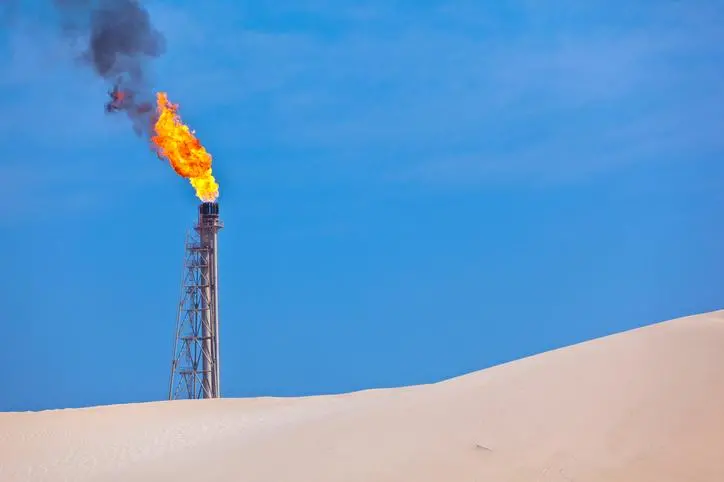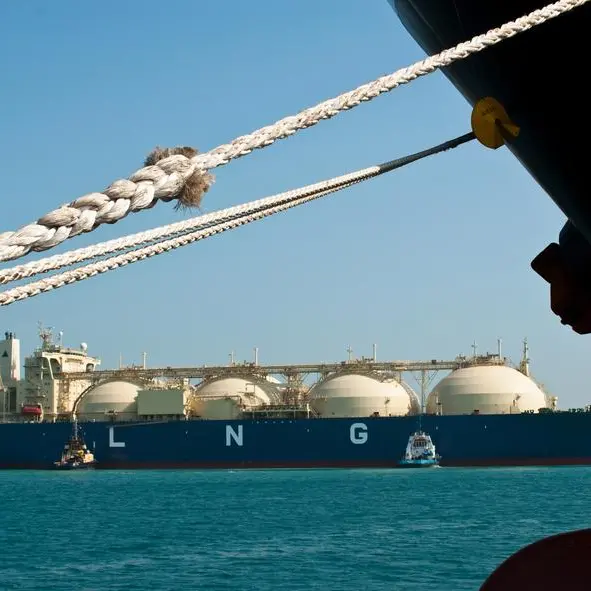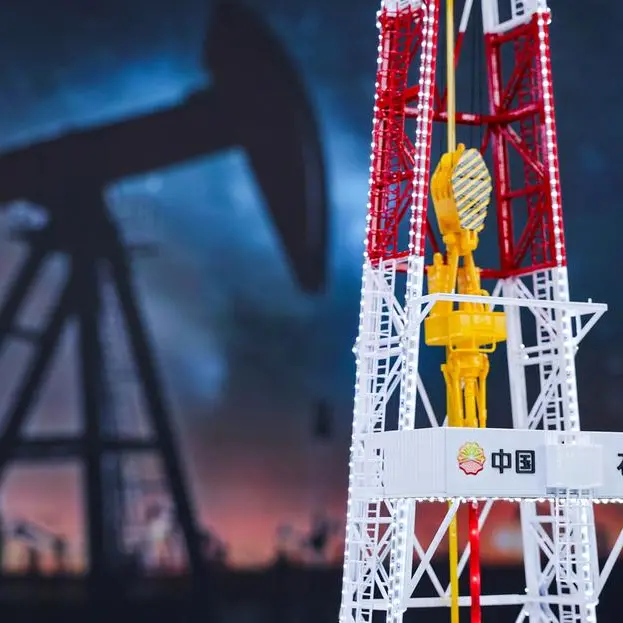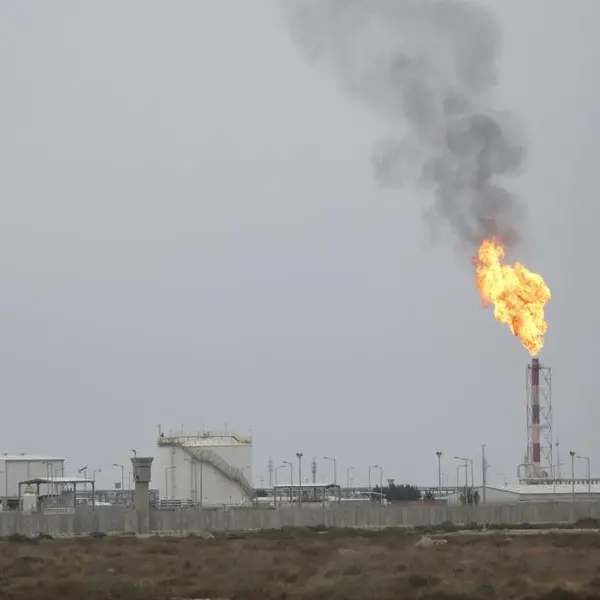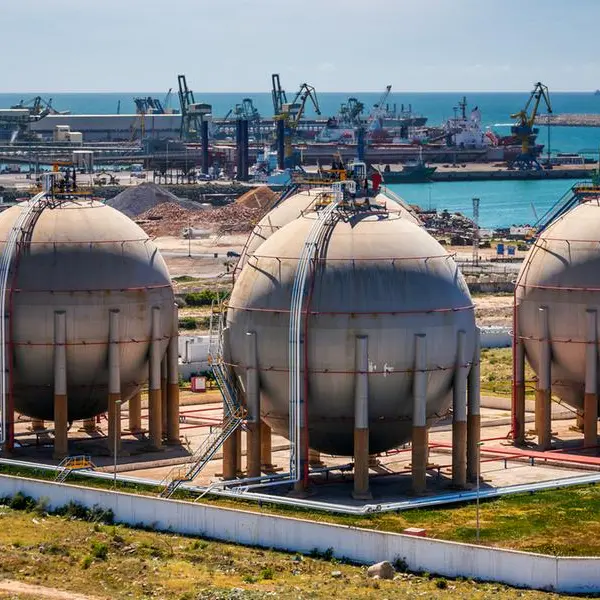PHOTO
DOHA: Over the past few years, Qatar has taken important decisions and essential steps to strengthen its position among the most important influencers in the global gas industry, a role that is expected to increase in the future in light of the trend of many economies in the world, such as China, India and emerging economies, to rely on natural gas as a source of clean fuel.
On Feb 25, Qatar announced a new expansion of the North Field, according to which Qatar's production of liquefied natural gas (LNG) will increase from 77 million tonnes per year to 142 million tonnes per year before the end of 2030.
In a press conference, Minister of State for Energy Affairs and CEO of QatarEnergy HE Eng Saad bin Sherida Al Kaabi said that QatarEnergy is moving forward with the new expansion project that will increase Qatars LNG production to 142 million tonnes per year before the end of 2030, representing an increase of almost 85 percentcompared to current production levels.
On Oct 3, His Highness the Amir Sheikh Tamim bin Hamad Al Thani laid the foundation stone of the North Field Expansion Project in the Ras Laffan Industrial City.
The project will increase Qatar's annual production capacity of LNG from 77 million tonnes per year to 126 million tons per year by 2026, which will enhance the leadership of Qatar in the production of LNG in the world. The project includes six giant production lines, each with a production capacity of eight million tons of LNG annually. Four of these lines are part of the North Field East Expansion project, while the other two are part of the North Field South Expansion project.
In this context, energy specialist and Chairman of the Board of Directors of Coreinfo Consultancy Company Nasser Jeham Al Kuwari affirmed to Qatar News Agency (QNA) the need to highlight the substantial role played by the State of Qatar in the LNG industry. He described Qatar's increase in its production from 77 million tonnes per year to 126 million tonnes of LNG in 2026, and reaching 142 million tons before the end of 2030, as strategic expansion.
Al Kuwari said that Qatar is setting new standards in the gas industry, adding that the expansion goes beyond mere numerical growth, as it signifies a commitment to global energy demand and the future of clean energy. He noted that Qatar's trend in increasing production supports ambitions with advanced technology and a strong focus on environmental sustainability, as Qatar is redefining industry standards, showcasing how growth and environmental responsibility can go hand in hand.
He said that Qatar's strategic step goes beyond production increase, as it involves diversifying the LNG market, heading towards new geographies, and adopting flexible business practices. This approach not only strengthens global energy security but also makes the market more flexible and interconnected.
He added that as Qatar progresses, its impact on the global energy industry will be profound, noting that Qatar is not just a major player but a partner paving the way for a more sustainable and reliable energy future.
Qatar's position in the global gas industry is underscored by the numbers. Projects by QatarEnergy are expected to contribute around 40 percent of the total new global LNG supplies by 2029. These projects will significantly reduce greenhouse gas emissions through carbon capture and storage techniques, along with the use of solar energy. They aim to reduce the overall carbon intensity by approximately 30 percent compared to previous-generation project designs.
QatarEnergy signed long-term sale and purchase agreements with several partners in the North Field Expansion project in 2023 to supply LNG to customers worldwide.
Regarding the petrochemical sector, in October 2023, QatarEnergy and Chevron Phillips Chemical obtained financing of $4.4bn for the Ras Laffan Petrochemical Project, which is an integrated complex for the production of olefins and polyethylene in Ras Laffan Industrial City.
QatarEnergy has signed agreements for the construction of 100 LNG carriers for QR70bn with three major shipbuilding yards in Korea. This initiative aims to secure the supply of LNG to global markets.
In this context, in September 2023, QatarEnergy signed an agreement to build 17 modern LNG carriers in Korea, marking the beginning of the second phase of the maritime fleet program. This fleet will support the increased LNG production from the North Field Expansion and Golden Pass projects, along with the long-term fleet upgrade requirements for QatarEnergy.
In addition to the 60 carriers to be built in Korean and Chinese shipyards, this agreement will bring the total number of new LNG carriers delivered to QatarEnergy and its subsidiaries to 77, with more expected in the future.
TotalEnergies, ExxonMobil, ConocoPhillips, Eni, Shell, and Sinopec have previously won contracts to develop the North Field East in partnership with QatarEnergy. Total Energies, Shell, and ConocoPhillips also secured contracts for the development of the North Field South in partnership with QatarEnergy.
© Copyright Qatar Tribune. All Rights Reserved. Provided by SyndiGate Media Inc. (Syndigate.info).
